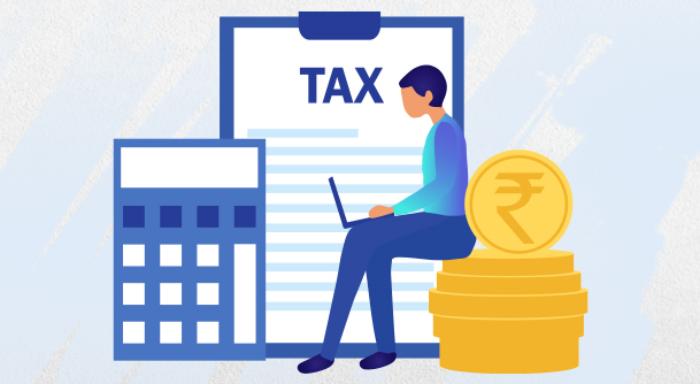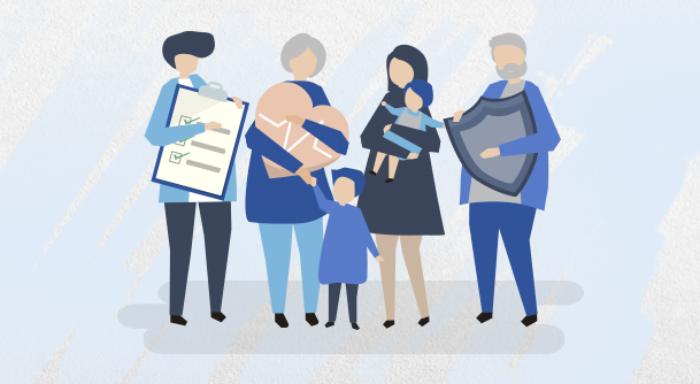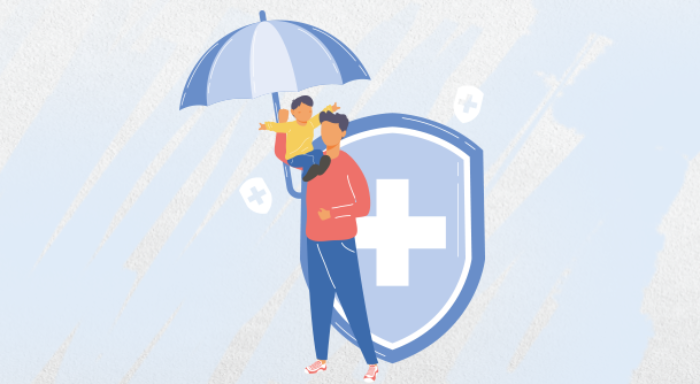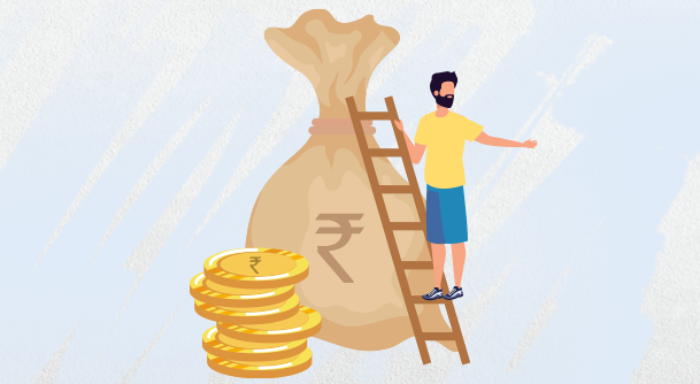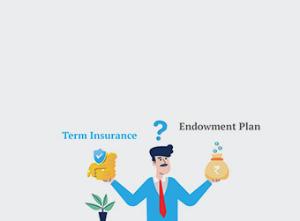Section 80D - Get Tax Benefits on Health & Medical Insurance
Blog Title
8785 |
Health is one of the most crucial elements for living a long and happy life. The government of India has noticed the deteriorating health of the general populace, and to improve it, they have provided tax deductions under section 80D of the Income Tax Act, 1961. The deduction is allowed for expenses incurred towards medical insurance, critical illness policies, health checkups, and other medical expenses.
What is Section 80D Under Income Tax Act?
Section 80D offers tax benefits on premiums paid for health insurance policies to a maximum limit of ₹ 25,000 in a financial year. This section allows individuals and Hindu Undivided Families (HUFs) to claim deductions on the premiums paid for health insurance policies covering themselves, their families, and parents. The deduction limits vary based on the age and health status of the insured individuals. It's a way to encourage people to invest in health insurance for financial security and to ease the burden of medical expenses.
If you're younger than 60, you can get a tax deduction of up to ₹25,000 for health insurance. This includes ₹5,000 for health checkups. But if you're 60 or older, you can get a higher deduction of up to ₹50,000.
Who is Eligible for Section 80D Deductions?
You can claim deduction under section 80D of the Income Tax Act, 1961 if you have paid a medical insurance premium for:
- Yourself
- Your spouse
- Parents
- Your children (who are dependent on you)
Expenses Covered Under Section 80D
If you have paid for any of these expenses, you can claim a deduction under section 80D of Income Tax Act:
A) Deduction on the premium paid under a health or medical insurance plan for family
If you have paid a premium under a health policy for yourself or any of your family members, you can claim a deduction under section 80D as medical or health insurance tax benefits. The amount of deduction that can be claimed is up to Rs. 25,000.
B) Deduction on the premium paid under a health or medical insurance for parents
If you have paid a premium under a health or medical insurance for parents, who may or may not be dependent on you, you can claim a deduction under section 80D. The amount of deduction that you can claim in this case is Rs. 30,000.
C) Deduction on expenses incurred towards preventive health checkups
You can claim a deduction up to Rs. 5,000 if you have incurred expenses towards preventive health checkups for yourself, your family, and your parents.
D) Deduction on medical expenses paid for super senior citizens having no medical insurance
If you have paid for medical expenses of a super senior citizen (80 years of age or above) who don’t have any medical or health insurance, you can claim a deduction under section 80D. The amount of deduction that you can claim in this case is up to Rs. 30,000.
E) Other deductions
If you are of age 60 years or above and pay a premium for medical insurance of parents, who are senior citizens too, a deduction of Rs. 60,000 is allowed under section 80D as medical insurance tax benefits.
If you are of age 60 years or above and have paid for preventive health checkup of your super senior citizen parents, a deduction of Rs. 65,000 is allowed under section 80D.
What is Excluded Under Section 80D?
One important fact to keep in mind is that Section 80D is only applicable for non-cash payments. If you pay your medical bills via cash, then you will not be able to claim deductions under Section 80D. Medical payments for other relatives such as siblings, cousins, grandparents etc. are also not covered under Section 80D. Moreover, medical bills for adult working children who are not dependent on you cannot be claimed for deductions. Finally, group medical plans provided by employers are also ineligible for Section 80D.
Can You Avail of Section 80D Tax Benefits for Life Insurance?
Yes, you can get tax deductions for your life insurance policy through Section 80D, provided that your insurance policy includes riders that provide coverage for medical expenses. Section 80D is not applicable to life insurance policies that do not have any health benefits.
FAQs
1. Can we claim 80D and 80DD together?
Yes, you can claim both Section 80D and 80DD together, as 80D covers general medical expenses while 80DD covers expenses for care of a disabled family member.
2. What is 80D and 80DD tax deduction limit?
Section 80D has a deduction limit of Rs. 25,000 in a financial year. However, this limit is extended to Rs. 50,000 for a senior citizen (aged 60+). On the other hand, deductions for Section 80DD depend on the severity of the family members disability. If a person is more than 40% disabled, then the family can get annual deductions worth Rs. 75,000. But if the person is more than 80% disabled, then the family can request for annual deductions of Rs. 1,25,000.
3. What medical expenses are covered under Section 80D?
Expenses for preventative health checkups, premiums on medical/health insurance, and insurance policies with health benefit riders are all covered under section 80D. Moreover, you can claim deductions for medical expenses incurred by your parents, spouse, or dependent children. Section 80D also provides deductions for medical expenses paid for super senior citizens even if they are uninsured.
4. Can I claim parents’ medical expenses in 80D?
Yes, you can claim your parents’ medical bills for deductions under section 80D. If your parents are senior citizens, then you will get a maximum deduction of Rs. 50,000.
5. How do I claim deductions on my 80DD?
If you want to claim deductions for a disabled family member using Section 80DD, then you must first submit a fully filled form 10IA that has been attested and verified by an authorised medical professional. Form 10IA is basically required to confirm the severity of your family member’s disability. You will also need to submit the dependents medical certificate, a self-declaration form where you attest to the expenses you have paid, and your insurance premium receipts.
6. Does 80D include life insurance?
Section 80D only provides deductions to life insurance policies that have health benefit riders, and the deduction is only valid if the rider has provided coverage for any medical expenses incurred by the policyholder or his/her family members.
7. Who cannot claim on 80D deduction?
You can only claim Section 80D for yourself, your parents, your dependent kids, or your spouse. You cannot claim deductions under Section 80D for medical bills of your siblings, your adult children, grandparents, aunts, uncles, cousins, friends etc.
After life insurance, the most vital plan you can add to your portfolio is a Health Insurance Policy. Edelweiss Tokio Life provides you with the best critical illness policies to protect you from any serious health issue that you may face in the future. Critical illness insurance tax deductibles are offered under section 80D, 80C and 10(10D) and can save a considerable amount of tax too.
Aastha Mestry - Portfolio Manager
An Author and a Full-Time Portfolio Manager, Aastha has 6 years of experience working in the Insurance Industry with businesses globally. With a profound interest in traveling, Aastha also loves to blog in her free time.


